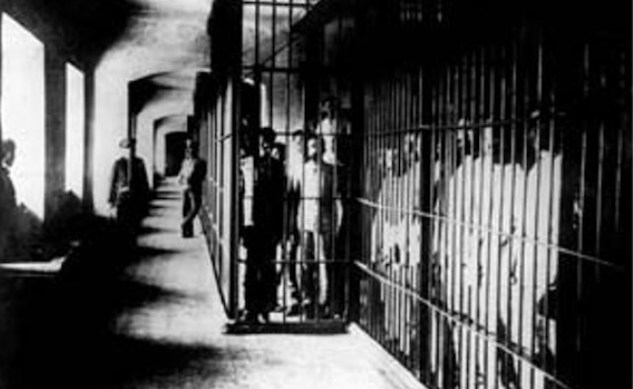CHAPTER FORTY-FIVE
Hell Comes to Breakfast
I waited in the dark. The cell door did not open. My mind wandered briefly. Were the six rounds remaining in the Kel-tec meant for more than Kasinski and Alexi? At any time in my career I could have played out my string. The world of active operational espionage overflowed with serendipity. The same roulette wheel stop that favored me could, with a small change in the dynamics of the universe, cost me my life. I breathed shallow breaths.
A moment passed, then the lever completed its travel. Kasinski smiled widely. I showed nothing of what I had been feeling. I eased a bit back down the pipe, away from the door. He slammed the heavy slab behind me, not even bothering to replace the lever in its locked position. The Commissar had only locked me in to make a point. Or else to satisfy his own twisted sense of humor.
















Don't Miss any Updates or New Chapters
Join our mailing list to receive the latest news and updates from our team. You can easily Opt-Out anytime
You have Successfully Subscribed!